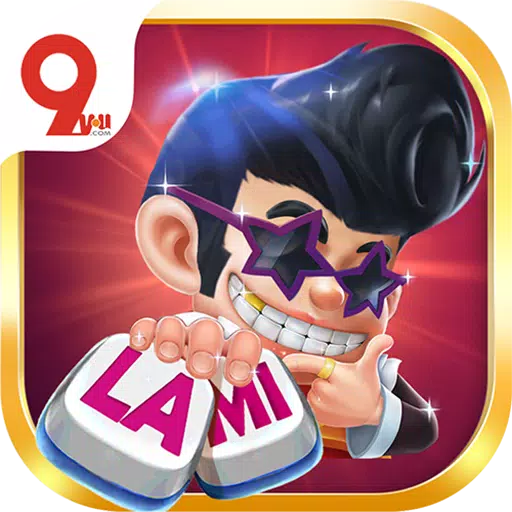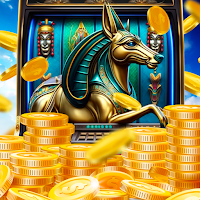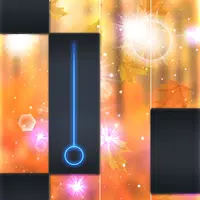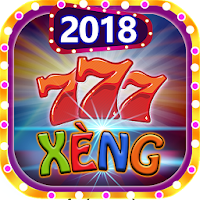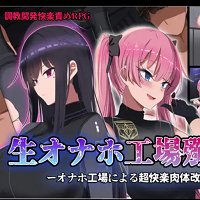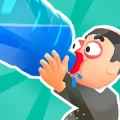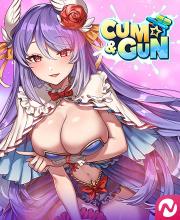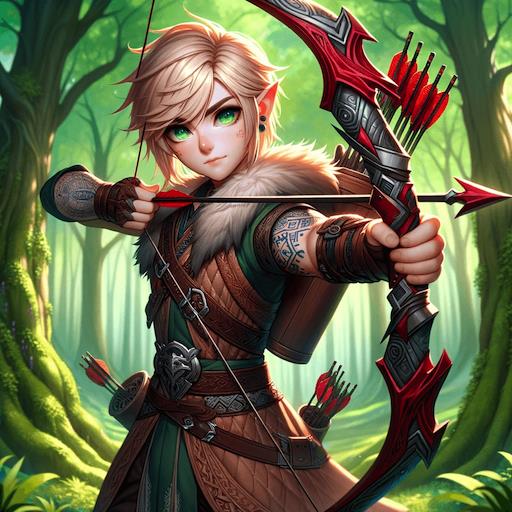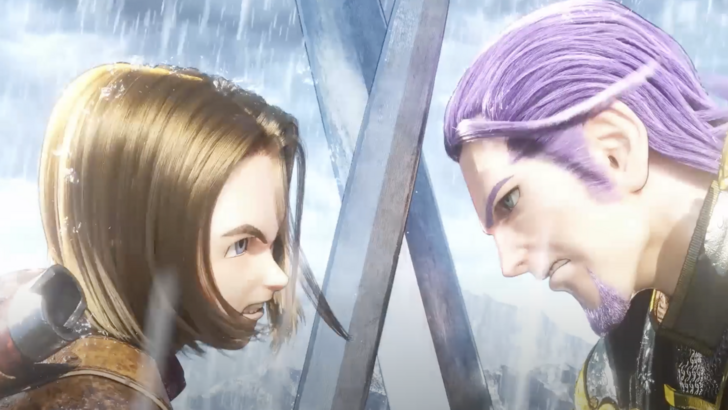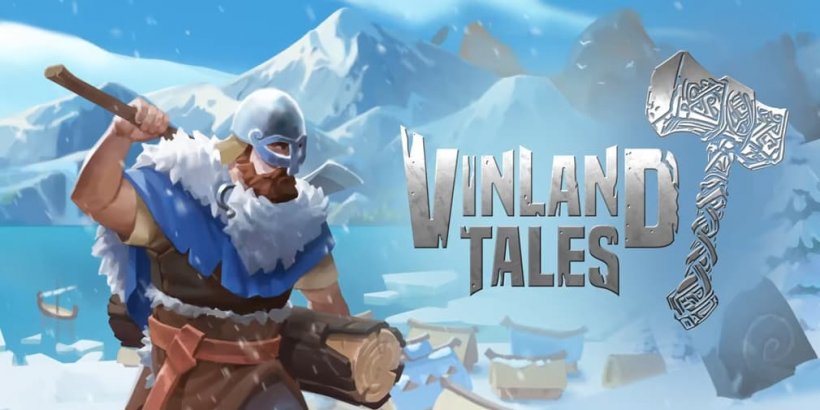Ever since Nintendo officially unveiled the Switch 2, anticipation has been building for the upcoming April Direct, where we expect to learn the official release date, price, and game lineup for the new console. However, Nintendo surprised everyone by announcing another Direct just a week before the April event, featuring major titles like Pokémon Legends Z-A and Metroid Prime 4. Given Nintendo's commitment to backward compatibility, perhaps this shouldn't have been too unexpected.
Before this week's Nintendo Direct, the company managed expectations by stating, "There will be no updates about Nintendo Switch 2 during the presentation." While technically accurate – the Switch 2 was only mentioned in relation to the upcoming Direct and the new Virtual Game Card sharing system – it's reasonable to infer that all the games showcased will be playable on the Switch 2. Officially, these games are slated for release on the original Switch.
This approach benefits everyone. Fans of the original Switch have plenty to look forward to as the console enters its eighth year, while those planning to upgrade to the Switch 2 can do so knowing they'll have access to a robust back catalog of games right from the start.Nintendo's dedication to backward compatibility promises one of the smoothest transitions between console generations we've ever witnessed. While most are eager to see what the Switch 2 can offer and which new games are on the horizon, Nintendo's cautious approach with the hardware ensures they cover all bases. The recent Nintendo Direct didn't feel like a push to boost Switch 2 pre-orders or encourage immediate upgrades. Instead, Nintendo's inclusive strategy is commendable, welcoming everyone, whether they choose to buy a Switch 2 at launch, upgrade later, or stick with their current Switch.
This is why it was safe for Nintendo to showcase numerous Switch games just days before a dedicated Switch 2 Direct. Beneath the surface, they were laying the groundwork for the transition. The introduction of the Virtual Game Card system, which allows Switch owners to link two consoles and share digital games, is a prime example. This feature is particularly useful given the increasing popularity of digital game sales and is reminiscent of Steam's family sharing system. But why introduce it at the end of the Switch's life cycle, with the Switch 2 just weeks or months away? The answer likely lies in making the transition to the Switch 2 as seamless as possible.
Some have noted that the fine print for the Virtual Game Card system hints at a "Switch 2 Edition" for certain games. Whether this implies exclusive enhancements for Switch 2 versions that prevent sharing with the original Switch, exclusive re-releases only compatible with the Switch 2, or something different altogether remains unclear. Similar to Nintendo's earlier statement that "Certain Nintendo Switch games may not be supported or fully compatible with Switch 2," this fine print likely serves as a precautionary measure for any potential unshareable games.Regardless of what the fine print suggests, Nintendo's approach to the transition to the Switch 2 feels like a well-orchestrated procession, akin to Apple's iPhone upgrades. Upgrading is optional, but there are clear advantages to doing so, and you can bring your existing games along for the journey.
 Home
Home  Navigation
Navigation






 Latest Articles
Latest Articles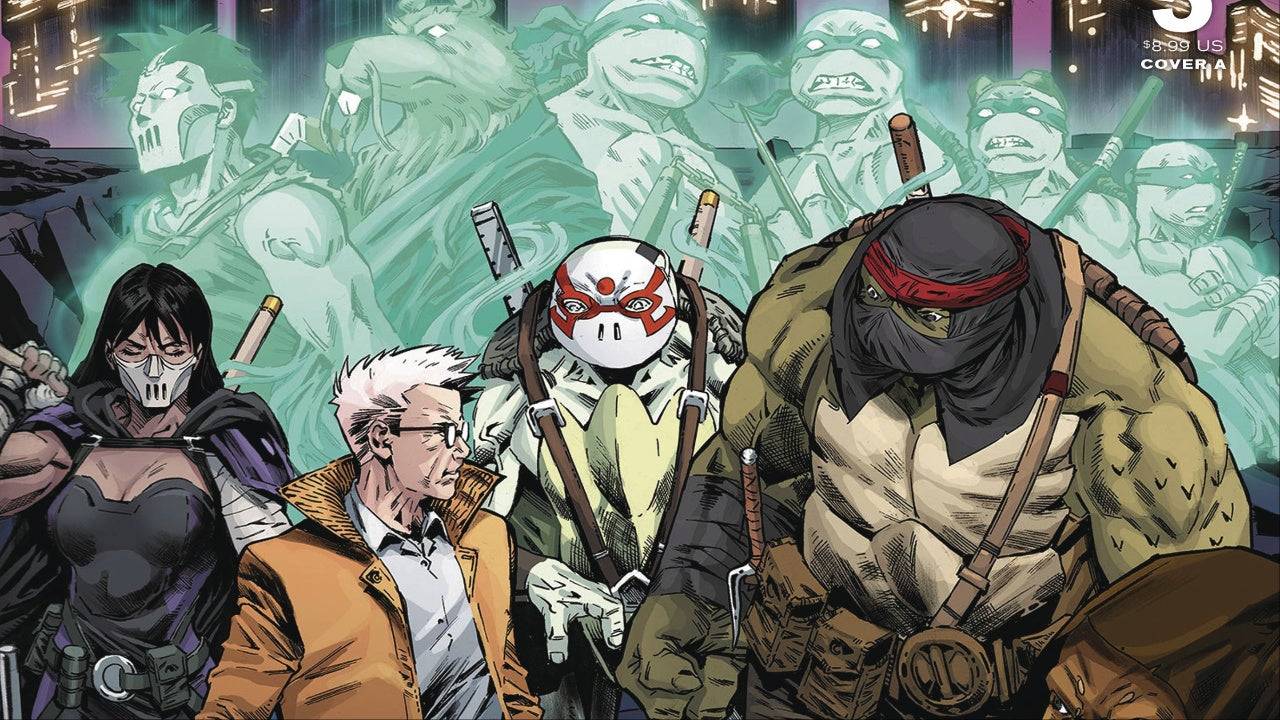
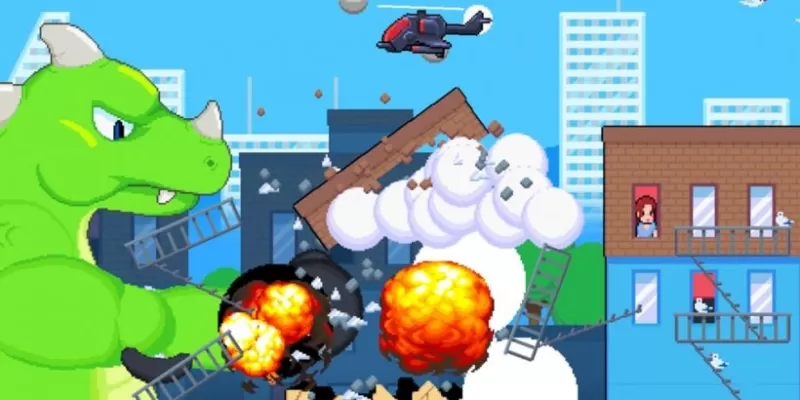
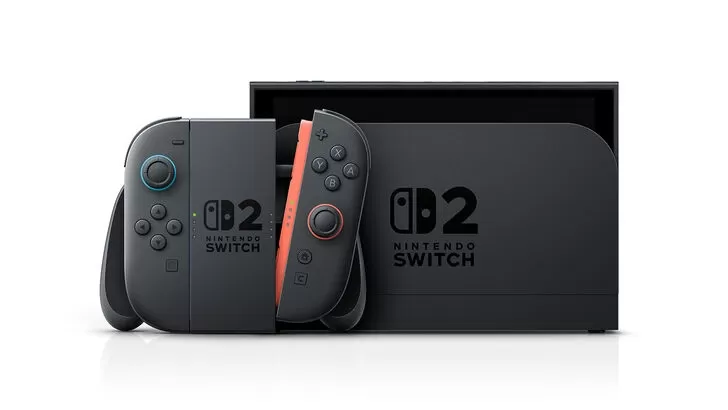
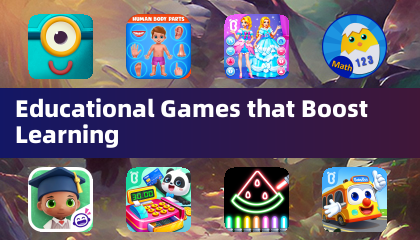
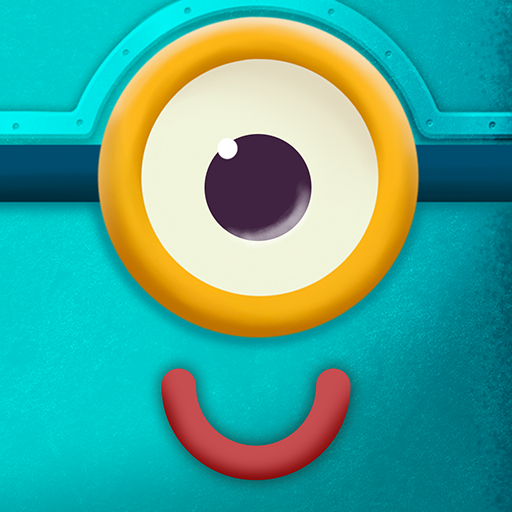
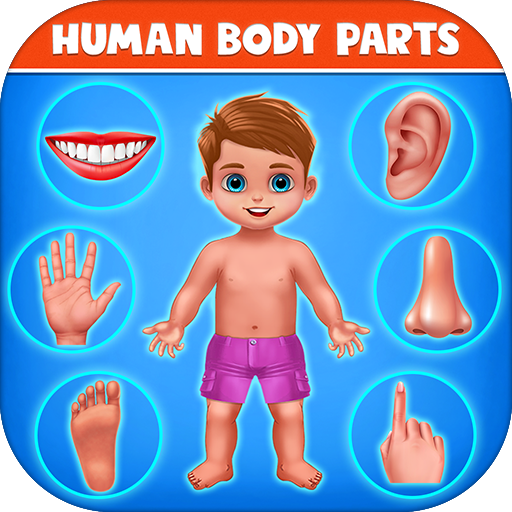

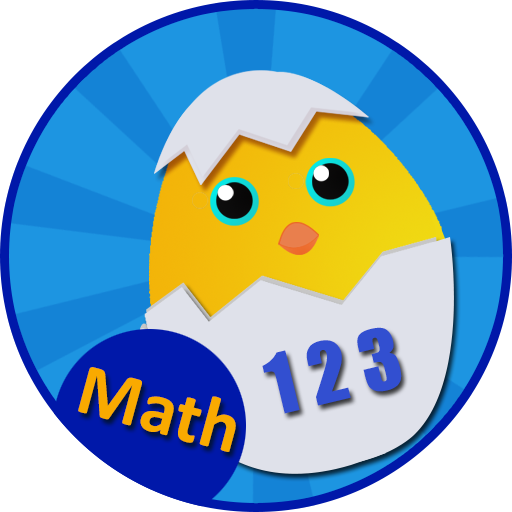


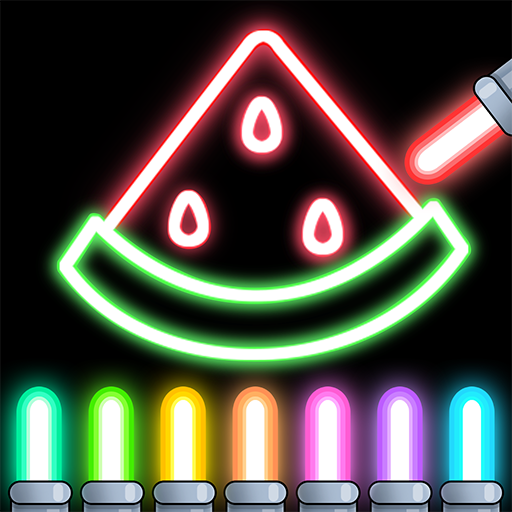
 Latest Games
Latest Games